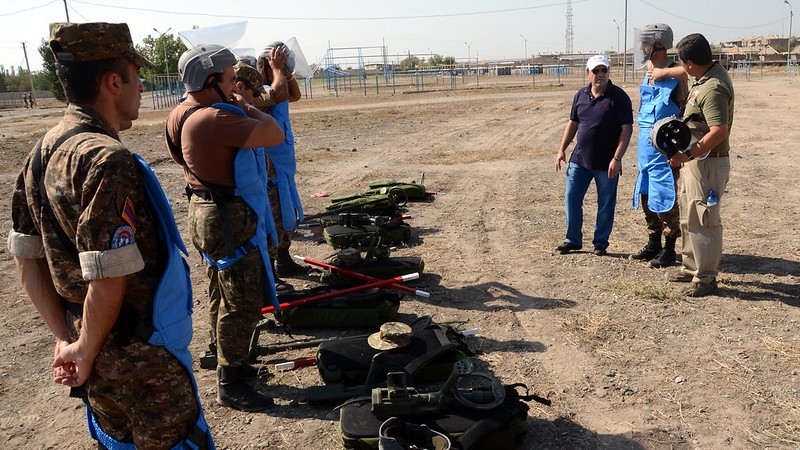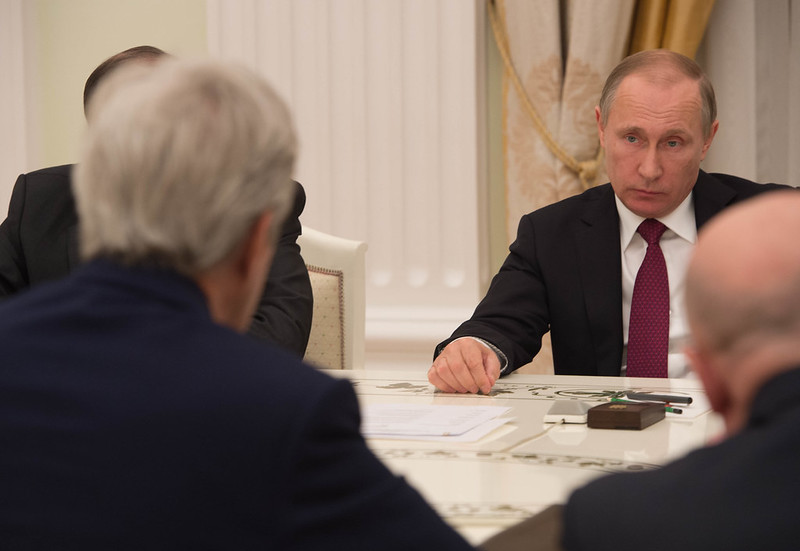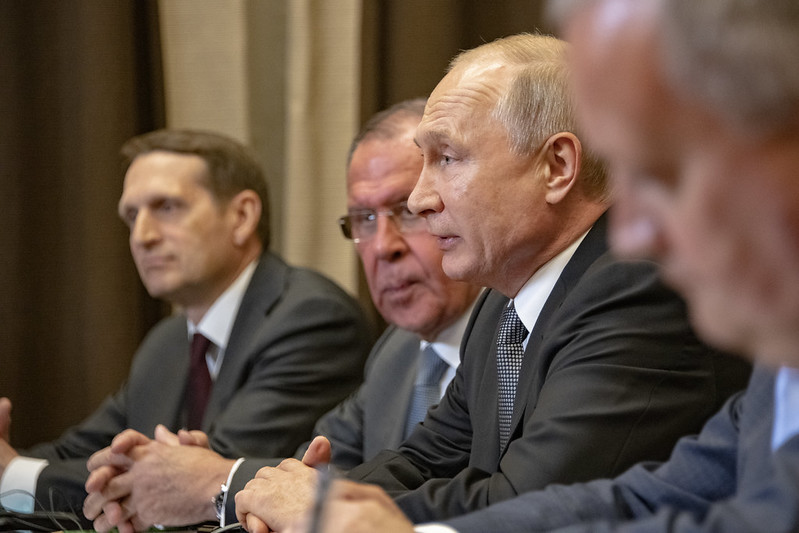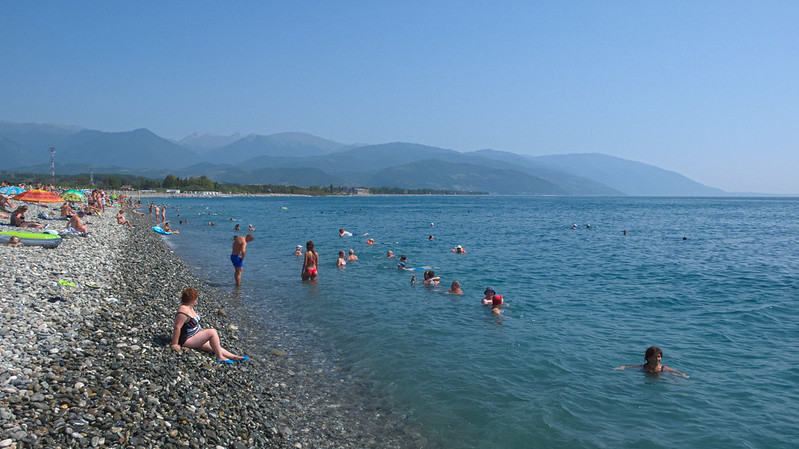Caucasian Knots Take Shape in the Armenia-Azerbaijan Ceasefire
By Robert M. Cutler
May 11, 2021, the CACI Analyst
The implementation of the trilateral agreement brokered by Russia on the night of November 9-10, 2020, between Armenia and Azerbaijan continues in fits and starts. Most near-term questions have been resolved. How intermediate-term issues turn out depend upon the results of the snap parliamentary elections called in June by Armenian Prime Minister Nikol Pashinyan. As for the longer-term outcome, this is more difficult to estimate, and it is path-dependent upon those elections. In this regard, events on the ground—but not only the elections—are still in control, even if these are no longer military events.

Moscow's Eurasian Leadership in Crisis
By Richard Weitz
December 9, 2020, the CACI Analyst
Russian leaders consider sustaining Moscow’s influence in Central Asia, the South Caucasus, and other former Soviet Republics one of their highest foreign-policy priorities. Yet, during the recent crises in Belarus, Kyrgyzstan, and the Nagorno-Karabakh region, Moscow has displayed a surprisingly passive response to these disorders. This approach may succeed in the short run but risks magnifying the long-term centrifugal pull of alternative powers – the EU in the west, Turkey in the south, and China in the east.

War in Nagorno-Karabakh Requires a Russian Balancing Act
By Nurlan Aliyev
November 10, 2020, the CACI Analyst
From early November, Russia’s President Vladimir Putin conducted telephone conversations with the leaders of Armenia and Azerbaijan, thoroughly discussing the settlement of the Nagorno-Karabakh conflict and reaching a truce on November 9. Both countries have criticized Moscow’s position on the current war. Russia has been a security guarantor for Armenia since the 1990s and has more recently become a strategic partner of Azerbaijan. Moscow’s position has raised the question of whether Russia struggles to balance its relations with a strategic ally and a strategic partner, or if the Kremlin’s reluctance to become involved signals a change in policy regarding the former Soviet republics.

Fighting in Nagorno-Karabakh Rages Despite Ceasefires
By Emil A. Souleimanov and Huseyn Aliyev
October 22, 2020, the CACI Analyst
The ongoing conflict in Nagorno-Karabakh saw a number of dramatic developments over the past couple of weeks. Most notably, Azerbaijani forces proved able to breach through Armenian defenses in the south, resulting in Azerbaijan’s rapid advance into both the Nagorno-Karabakh region and adjacent Armenian-controlled territories in the “buffer zone.” This battlefield transformation will likely affect the balance of power on the ground and influence Baku’s willingness and Yerevan’s capacity to negotiate a peaceful settlement. Recent developments on the frontlines will also affect Russia’s and Turkey’s positions and roles in the conflict and the South Caucasus.

Re-opening Abkhazia's Border with Russia: Economic Opportunity or Epidemiological Risk?
By Tomas Baranec
September 28, 2020, the CACI Analyst
On August 1, 2020, Sukhumi reopened its border with Russia. The border had been closed since early April to halt the spread of the new coronavirus SARS-CoV-2. The decision was driven by Abkhazia’s economic concerns, given the region’s heavy dependence on the flow of Russian tourists. However, the development of the epidemiological situation in Abkhazia in the first three weeks after the border reopened indicated that the combination of a massive influx of tourists from the world’s third most infected country and a lack of medical infrastructure in the region could have a negative impact overriding any economic gains from tourism.



